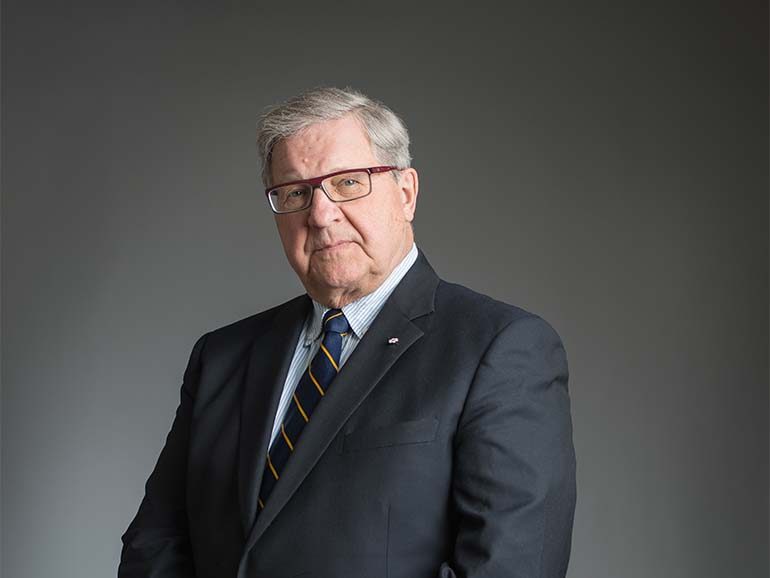The Muslim World consists of the 57 member states of the Organization of Islamic Cooperation, the Muslim minorities of the countries that are not the members of the OIC and the Muslim diaspora in the European countries, the Western Hemisphere, Australia and East Asia.
Its relationship with the Western World has cast a huge impact on the Global Affairs since the Middle Ages. Ever since then, this relationship has been identifying the course of Global War and Peace in a significant way.
The long and incremental Muslim takeover of the Christian Roman Empire and the Visigothic Spain, the Crusades, the Reconquista, the Ottoman incursions and occupation of Christian Eastern Europe, the age of European Colonialism, the two World Wars, decolonization in Asia and Africa, the Cold War, the Arab-Israeli and the Iranian-Israeli confrontations and the age of Global Terrorism have all influenced and witnessed various vicissitudes in relations between the West and the Muslim World.
With a long history so fraught with conflicts, wars and negative perceptions about one another, it is inevitable that ties between the two Civilizational spheres would not be very friendly.
There is also a theological dimension to the disturbed relations between the Muslims and the Western World. The hardliner interpretation of Islam views all Non-Muslims as infidels to be abhored. It expects Muslims to convert or subjucate them to Islam, if necessary, by force. It also expects Muslims to shun the culture and practices of the Non-Muslims.
The Christian theology, on its part, too does not view the Muslims in a very good light. At the best, they are lost pagans to be shunned are persuaded to convert to the path of the Jesus. At their worst, they should be fought against and converted or subjugated by force. A more modern incarnation of this Western opinion views the Muslims as uncivilized, obscurantist, semi barbaric religious zealots who are often prone to hostility and violence against the Non-Muslims including the people of the Judeo-Christian West in particular. They refuse to modernize, accommodate peacefully in the global arena or assimilate in the Western socities according to this view of the West about the Muslims.
With such a complex set of historical and cultural rivalry both, the Europeans and the Muslims, carry a latent baggage of hostility towards one another.
Addressing this baggage of dislike is one of the key challenges for all peaceniks who wish to improve relations between the World of Islam and the West. This requires a three pronged strategy consisting of the following elements,
a) Building a more scientifically informed, educated, peace and accommodation oriented, pluralistic, internationalist world view about History, religion and Global Affairs.
b) There have been points of remarkably affable relationship and cooperation between the Muslim World and the West during the past millennia and half. The modern world needs to study, highlight and emulate such precedents of cooperation for building trust and friendship between the World of Islam and the West.
c) Some wholesome, transparent and effective international forums and structures should be raised to mediate and resolve any conflicts that might arise between the Muslim societies, the Western countries and the rest of the World at large.
Each one of the three elements of this strategy can be discussed, refined and elaborated further after careful consultations with the academia, civil society, state actors and other major stakeholders in the World of Islam,the Western World and other interested quarter from around the world.
Once some such strategies for ensuring goodwill and trust between the West, the Muslim societies and the rest of the world are made, owned and followed globally, we can have a more peaceful and wars and conflicts free world.
